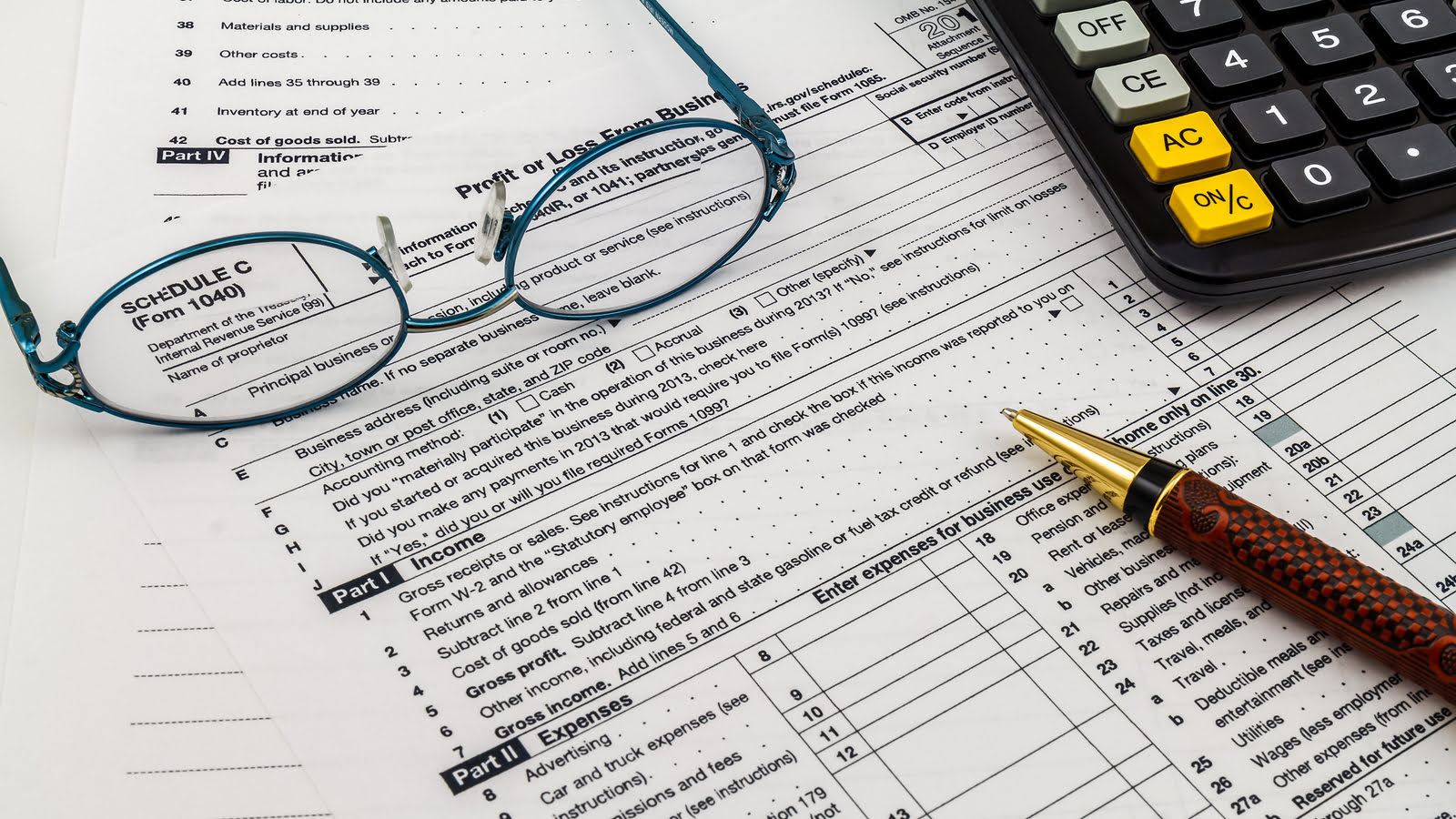Where to register your business depends on more than just your location. You may need to register your business where your employees and customers are, too.
If you’re a business owner in Florida, you might also need to become a business owner in a state you’ve never even been to before.
This is the case if you hire employees or have a warehouse outside of the state you first registered in, which is your home state. There are several other circumstances where you should be registered in states other than your home state.
You generally need to register your business in other states if you’re selling or hiring there. If your business has physical locations in different states, then you might also need to register there.
Where you need to register is usually determined by your nexus, which is a measure of how economically tied you are to a state. Nexus acts as a legal threshold you meet to help determine whether you should be registering or paying taxes in a state.
Each state has different nexus rules. Some states measure their nexus by a dollar amount you make in sales. Some measure it by the number of transactions you have, regardless of dollar amount.
It can be difficult to keep track of when you reach a state’s nexus if you don’t have the right bookkeepers or software. But if you don’t stay on top of that, you could be subject to penalties and legal action.
Contents |
| What does it mean to register my business in another state? |
| Why is it important to register my business in the right states? |
| 3 factors that affect what states you need to register in |
What does it mean to register my business in another state?
You don’t need to go through the whole LLC formation process again to register in another state. You just need to register your business as a foreign entity with each state.
Foreign registration has nothing to do with foreign countries. Foreign business registration simply means you’ve reached the point where you need to register your business in a state other than your home state.
Here are the three main components of registering a foreign entity:
-
Applying for a Certificate of Authority: A Certificate of Authority is a document that allows you to do business in a state you reach nexus in. It may also be called an Application for Authority, Qualification Certificate, Application for Registration or something else, depending on the state. The process for obtaining a certificate also differs between states, so check with each state’s Secretary of State website.
-
Finding a registered agent: If you don’t have a physical location in the state you’re registering in, you’ll need to hire a registered agent service. A registered agent is a person or entity that is responsible for receiving and delivering legal documents on behalf of your business. An established registered agent service like Northwest Registered Agent can act as your registered agent across different states because they have physical locations across the country.
-
Understanding states’ rules for conducting business: You’re responsible for making sure you’re complying with states’ rules on filing business tax returns, running payroll, paying sales tax, and filing paperwork like annual reports. You can be liable for penalties and interest as a result.
Why is it important to register my business in the right states?
Many business owners worry about the IRS auditing and penalizing them — but forget that states can do the same thing. Here are some of the reasons that states can crack down on you for not registering when you meet their nexus:
-
You may owe state sales tax: If you don’t pay sales tax when and where you’re supposed to, states can ask you for the full amount later — along with penalties and interest. On top of that, you can be charged with negligence penalties for not making the effort to stay compliant. Sales tax software like TaxJar or Avalara can notify you when registration is required.
-
You could run into payroll tax issues: If you have employees in other states that you issue W-2s to, you likely owe payroll taxes to your employees’ states. Not paying those payroll taxes could also result in penalties, audits and liens. In some states, you must be registered to pay payroll taxes. A payroll software like Gusto can notify you when registration is required.
-
You may owe income tax in different states: You can personally run into tax issues if your business isn’t registered correctly. If your business is making income in other states, you may be liable for income tax and responsible for filing taxes there. You can’t do that, in some cases, if you’re not registered in the state.
-
You may be breaking states’ laws: States can have specific rules and regulations for businesses that reach nexus. You may need certifications, insurances and public notices to stay compliant in a state – which you might not be able to do if you’re not registered.
3 factors that affect what states you need to register in
With different rules in each state, it can get confusing to know which states you need to register in and when.
Despite the differences in state rules, there are three general questions you can ask yourself to help determine what states you should be registered in.
1. Where is your business physically based in?
You should register wherever your business is physically located. If your original location is based in Florida but later opens a physical location in Georgia, you need to register as a foreign entity.
Physical locations aren’t just limited to storefronts. Places like manufacturing centers or warehouses can also be a cause for you to register your business in different states.
2. What states do you do business in?
If you reach a dollar amount in sales or a number of transactions, you could trigger nexus in a state. You can keep track of how much you’re selling and where via point of sale (POS) software like Square. This is especially important for purely online businesses that may have sales across the country.
You might also do business in a state if you regularly have meetings or consultations there. You might not be selling a physical product, but you are selling your services – which might trigger nexus in a state depending on your industry.
3. What states do your employees live in?
You might be required to register in a state if you have W-2 employees there.
States take collecting their payroll taxes seriously. In some states, you’re required to register in the state before you can remit, or pay, payroll taxes. Some states allow you to pay payroll taxes even if you’re not registered as a foreign entity.
Not all types of employees require you to register in a state. For example, you might only need to worry about employees that generate revenue, like a salesperson. An administrative assistant might not trigger that requirement in some states.
The bottom line
As your business expands, you might have to register your business in more than just one state. Knowing which states you need to register in and when can get confusing.
The three things you should take into consideration when determining whether you need to register in a different state are where your business has locations, where you do business and where your employees live.
Each state has different rules and requirements for business registration — so if you’re expanding, you should talk to an expert to make sure you’re following the rules so you can avoid any penalties and repercussions. Schedule a free call with a DiMercurio Advisors team member today to find out if your business is compliant and the next steps you need to take.








